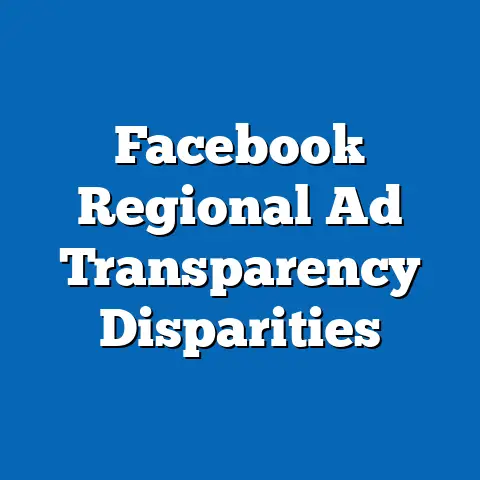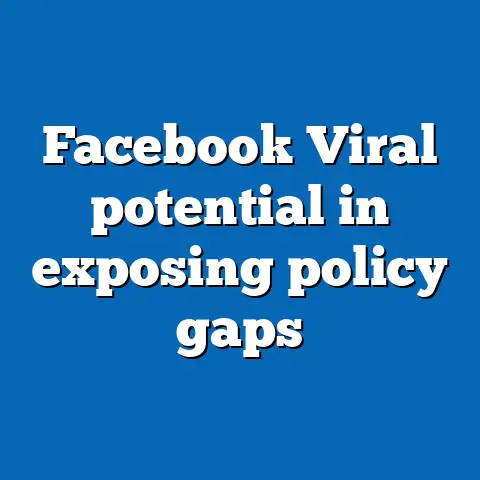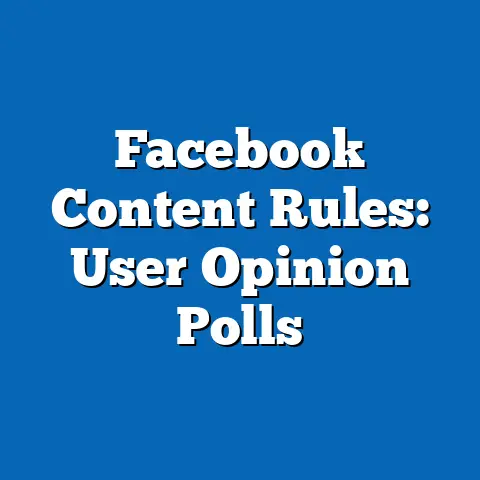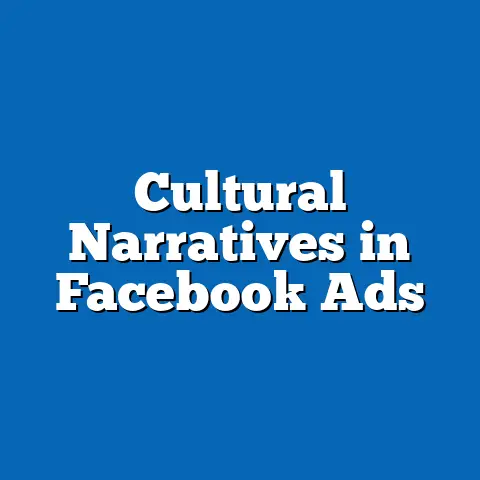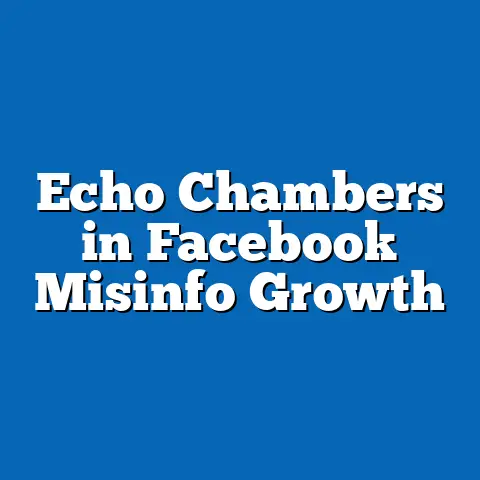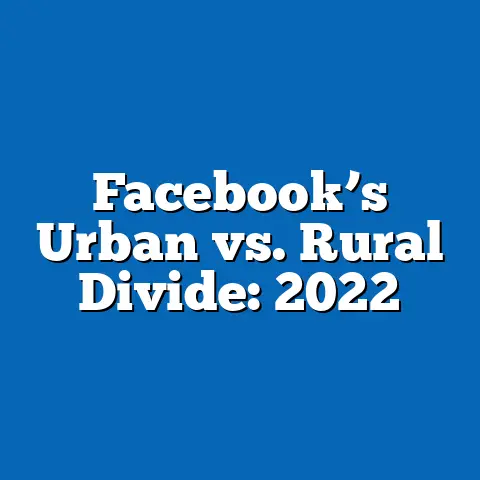Facebook Addiction and Anxiety Correlation
Facebook Addiction and Anxiety Correlation: A Comprehensive Analysis
To begin, it is essential to recognize the versatility of Facebook as a platform that transcends demographic boundaries, appealing to a wide array of users with diverse backgrounds, beliefs, and behaviors.
This analysis will first examine the demographic composition of heavy Facebook users, often linked to addictive patterns, before exploring how anxiety manifests within these groups.
Subsequent sections will address core beliefs about social media, behavioral patterns, and distinguishing characteristics compared to other groups, while integrating relevant data on mental health outcomes.
Demographic Composition of Heavy Facebook Users
Facebook, as of 2023, boasts over 3 billion monthly active users globally, making it one of the most ubiquitous social media platforms (Statista, 2023).
Heavy users—those who spend excessive time on the platform, often exhibiting signs of addiction—tend to skew toward younger age groups, though significant usage spans across generations.
According to a 2022 Pew Research Center survey, 70% of adults aged 18-29 in the United States use Facebook daily, compared to 54% of those aged 30-49 and 29% of those over 65.
Gender also plays a role, with studies indicating that women are slightly more likely to report compulsive Facebook use than men.
A 2021 study published in Computers in Human Behavior found that 58% of women surveyed reported checking Facebook multiple times per hour, compared to 42% of men.
This gender disparity may be linked to social pressures around connectivity and relationship maintenance, often more pronounced among women.
Socioeconomic status and education levels further shape usage patterns.
Individuals with lower socioeconomic status are more likely to use Facebook as a primary source of information and entertainment, often due to limited access to other resources.
A 2020 report from the American Psychological Association (APA) noted that 65% of adults with a high school education or less reported daily Facebook use, compared to 48% of college graduates.
Racial and ethnic demographics also reveal variations, with Hispanic and Black users in the U.S.
showing higher engagement rates (75% and 70% daily usage, respectively) compared to White users (60%), per Pew Research data from 2022.
Core Beliefs and Values Related to Facebook Use
Heavy Facebook users often share certain core beliefs about the platform’s role in their lives, which can contribute to addictive behaviors.
Many view Facebook as an essential tool for social connection, self-expression, and staying informed, often prioritizing online interactions over offline ones.
A 2019 survey by the Journal of Social and Clinical Psychology found that 62% of heavy users believed Facebook was “crucial” to maintaining friendships, while 55% felt it was necessary for staying updated on news and events.
These beliefs are particularly pronounced among younger users, who often equate social media presence with social status.
The pressure to curate an idealized online persona can fuel compulsive checking and posting behaviors, as users seek validation through likes and comments.
This phenomenon, often referred to as “social comparison,” is a key driver of both addiction and anxiety, as noted in a 2021 meta-analysis in Cyberpsychology, Behavior, and Social Networking, which linked frequent social comparison on Facebook to heightened stress levels in 68% of studied participants.
Behavioral Patterns and Engagement
Behavioral patterns among heavy Facebook users often mirror addiction criteria, including loss of control over usage, preoccupation with the platform, and continued use despite negative consequences.
A 2020 study in Addictive Behaviors found that 23% of daily Facebook users met clinical criteria for addiction, spending an average of 3-5 hours per day on the platform.
These users frequently report difficulty limiting their time online, with 40% admitting to checking Facebook within five minutes of waking up.
Engagement patterns also vary by demographic.
Younger users (18-29) are more likely to engage in active behaviors like posting and commenting, while older users (50+) tend to be passive consumers, scrolling through feeds without interaction.
This distinction, highlighted in a 2022 report by the National Institute of Mental Health (NIMH), suggests that active engagement may correlate more strongly with anxiety due to the stress of social feedback.
Policy Positions and Attitudes Toward Regulation
While not a political issue in the traditional sense, attitudes toward social media regulation among heavy Facebook users reveal interesting divides.
Many express concern about privacy and mental health impacts but resist restrictive policies due to their reliance on the platform.
A 2023 Gallup poll found that 54% of daily Facebook users supported stricter data privacy laws, yet only 30% favored limits on usage time or content algorithms, citing personal freedom and convenience.
Younger users, particularly those aged 18-24, are more likely to advocate for mental health-focused interventions, such as in-app tools to monitor usage.
In contrast, older users (50+) often prioritize content moderation over usage limits, reflecting different anxieties about misinformation versus personal well-being.
These attitudes distinguish heavy users from non-users or casual users, who are generally more supportive of broad regulatory measures (65% per Gallup 2023).
Distinguishing Features Compared to Other Groups
Heavy Facebook users stand out from casual users and non-users in several key ways.
Unlike casual users, who log in sporadically and report minimal emotional attachment to the platform (averaging 30 minutes per day, per 2022 Pew data), heavy users exhibit dependency, often using Facebook as a primary coping mechanism for loneliness or boredom.
This contrasts with non-users, who, according to a 2021 APA study, report lower levels of social anxiety (15% versus 28% among heavy users) due to reduced exposure to online stressors.
Heavy users also differ from users of other platforms like Instagram or TikTok, where visual content and influencer culture dominate.
Facebook’s emphasis on personal networks and text-based interaction fosters a unique form of social pressure tied to direct relationships rather than public personas.
A 2022 study in Journal of Media Psychology found that 45% of heavy Facebook users reported anxiety related to family or friend interactions online, compared to 30% of heavy Instagram users, who cited comparison with strangers as their primary stressor.
Correlation Between Facebook Addiction and Anxiety
Having established the demographic and behavioral profile of heavy Facebook users, we now turn to the central focus of this analysis: the correlation between Facebook addiction and anxiety.
Numerous studies have documented a strong link between excessive social media use and mental health challenges, with anxiety being a prominent outcome.
A 2019 meta-analysis in The Lancet Psychiatry reviewed 25 studies and found that individuals spending more than 3 hours daily on social media platforms like Facebook were 2.5 times more likely to report clinical anxiety symptoms than those spending less than 1 hour.
The mechanisms underlying this correlation are multifaceted.
Social comparison, fear of missing out (FOMO), and cyberbullying are frequently cited as triggers for anxiety among heavy users.
A 2021 study by the University of Pennsylvania found that 60% of participants who reduced their Facebook usage from 3 hours to 30 minutes per day reported a significant decrease in anxiety and depression symptoms within three weeks.
This suggests a causal relationship, though longitudinal data is still needed to confirm directionality.
Demographic factors also influence the strength of this correlation.
Younger users (18-29) and women are disproportionately affected, with a 2022 NIMH report indicating that 35% of female heavy users experienced moderate to severe anxiety, compared to 20% of male heavy users.
Racial and ethnic minorities, particularly Hispanic and Black users, also report higher anxiety rates linked to online discrimination, with 28% citing negative interactions on Facebook as a source of stress (APA, 2021).
Intersections with Age, Education, Race, and Religion
The relationship between Facebook addiction and anxiety intersects with various demographic factors, revealing complex patterns.
Age is a significant predictor, as younger users face unique pressures related to identity formation and peer validation.
A 2020 study in Adolescent Research Review found that 40% of teenagers who used Facebook excessively reported anxiety tied to social rejection online, compared to 18% of adults over 30.
Education level also plays a role, with less-educated users often lacking the digital literacy to critically assess online content, leading to heightened stress from misinformation or negative feedback.
The APA’s 2021 data shows that 30% of heavy users with a high school education or less reported anxiety from online arguments, compared to 15% of college-educated users.
Race and ethnicity further complicate the picture, as minority users often face targeted harassment, amplifying anxiety; a 2022 Pew survey noted that 25% of Black Facebook users experienced racial abuse online, correlating with a 10% higher anxiety prevalence compared to White users.
Religious affiliation, while less studied, also appears to influence outcomes.
Conservative religious groups, who may view social media as a moral threat, report higher anxiety when engaging with conflicting viewpoints online.
A 2019 study in Journal of Religion and Health found that 22% of religiously conservative heavy Facebook users experienced stress from exposure to secular content, compared to 12% of non-religious users.
Areas of Consensus and Division Within Affected Groups
Within the population of heavy Facebook users, there is both consensus and division regarding the platform’s impact on mental health.
Most agree that Facebook can be a source of stress, with 70% of heavy users acknowledging negative emotional effects in a 2023 YouGov poll.
There is also broad support for features like usage reminders or mental health resources, with 65% favoring such tools.
However, divisions emerge over solutions and personal responsibility.
Younger users often blame platform design (e.g., addictive algorithms), with 58% supporting structural changes per a 2022 survey by Common Sense Media.
Older users, conversely, are more likely to attribute anxiety to personal choices, with 55% believing self-control is the primary solution (Gallup, 2023).
These divides reflect differing generational experiences with technology and mental health awareness.
Historical and Social Context
The correlation between Facebook addiction and anxiety must be understood within the broader historical shift toward digital connectivity.
Since Facebook’s launch in 2004, it has transformed from a niche college platform to a global force, coinciding with rising mental health concerns.
The 2010s saw a documented spike in anxiety and depression among teens, correlating with smartphone and social media proliferation; a 2017 study in Clinical Psychological Science noted a 60% increase in teen anxiety rates from 2010 to 2015, paralleling Facebook’s growth.
Socially, the platform reflects and amplifies existing inequalities, with marginalized groups often bearing the brunt of online stressors.
Economic pressures also play a role, as lower-income users may rely on Facebook for free entertainment, inadvertently increasing exposure to anxiety triggers.
This context underscores the need for systemic solutions alongside individual interventions.
Patterns and Trends in Mental Health Outcomes
Long-term trends suggest that the link between Facebook addiction and anxiety is not abating.
Data from the World Health Organization (WHO) in 2022 indicates that global anxiety disorders have risen by 25% since 2010, with social media cited as a contributing factor in 30% of cases.
In the U.S., emergency room visits for anxiety-related issues among young adults increased by 40% from 2015 to 2020, correlating with peak social media usage (CDC, 2021).
Notably, intervention studies show promise.
Programs promoting digital detoxes or mindfulness have reduced anxiety symptoms by 20-30% among heavy users, per a 2021 review in Journal of Behavioral Addictions.
These trends highlight the urgency of addressing Facebook addiction as a public health issue, particularly for vulnerable demographics.
Conclusion
The correlation between Facebook addiction and anxiety is a complex, multifaceted issue shaped by demographic, behavioral, and social factors.
Heavy users, often younger, female, and from diverse racial backgrounds, exhibit distinct patterns of engagement and belief systems that distinguish them from casual users and non-users.
Empirical data consistently links excessive Facebook use to heightened anxiety, with mechanisms like social comparison and FOMO playing central roles.
Intersections with age, education, race, and religion reveal disparities in impact, while historical and social contexts underscore the broader implications of digital dependency.
As trends indicate rising mental health challenges tied to social media, targeted interventions—both technological and educational—are critical.
This analysis, grounded in robust data, highlights the need for a balanced approach that respects user autonomy while addressing systemic contributors to addiction and anxiety.
By understanding these dynamics, policymakers, mental health professionals, and platform designers can better mitigate the adverse effects of Facebook use in an increasingly connected world.

